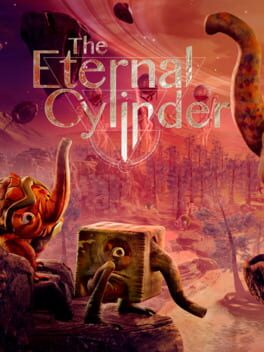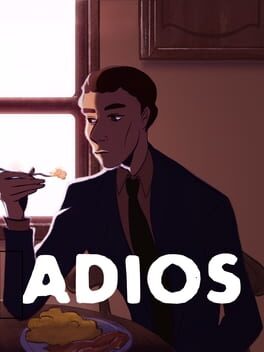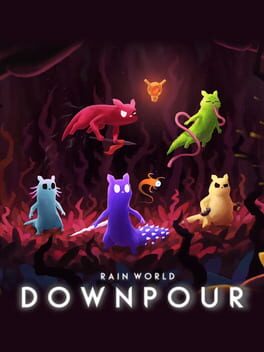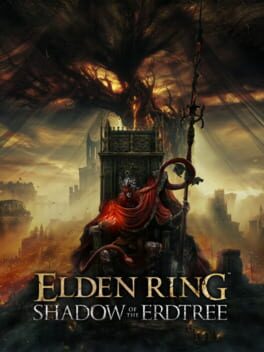Gameovah
Bio
Game scholar.
My profile on Letterboxd https://boxd.it/4nPVZ
Linktree: https://linktr.ee/stefanocaselli
Rating:
[★★★★★] = 10/10
[★★★★☆] = 9/10
[★★★☆☆] = 8/10
[★★☆☆☆] = 7/10
[★☆☆☆☆] = 6/10
[½☆☆☆☆] = <6/10
Game scholar.
My profile on Letterboxd https://boxd.it/4nPVZ
Linktree: https://linktr.ee/stefanocaselli
Rating:
[★★★★★] = 10/10
[★★★★☆] = 9/10
[★★★☆☆] = 8/10
[★★☆☆☆] = 7/10
[★☆☆☆☆] = 6/10
[½☆☆☆☆] = <6/10
Badges

Popular
Gained 15+ followers

Busy Day
Journaled 5+ games in a single day

2 Years of Service
Being part of the Backloggd community for 2 years

Full-Time
Journaled games once a day for a month straight

On Schedule
Journaled games once a day for a week straight

Best Friends
Become mutual friends with at least 3 others

Liked
Gained 10+ total review likes

Roadtrip
Voted for at least 3 features on the roadmap

Noticed
Gained 3+ followers

Gamer
Played 250+ games

N00b
Played 100+ games
Favorite Games
474
Total Games Played
037
Played in 2024
000
Games Backloggd
Recently Played See More
Recently Reviewed See More
6/10
So original to watch, so weird, it's almost worth playing only for how novel and refreshing its visuals and narrative world present themselves.
Narratively and interactively speaking, anyway, it becomes weaker and weaker as it proceeds. The plot turns out to revolve around abused cliches (perfection vs imperfection, unity vs multiplicity, LCL vibes and stuff like that) and ends up in a quite uninteresting territory. The pacing, so brilliant in the first hours, soon becomes repetitive and merely re-enacts the same pattern over and over again.
It could have been way way better considering its aesthetics and its absurd and yet fascinating premises.
So original to watch, so weird, it's almost worth playing only for how novel and refreshing its visuals and narrative world present themselves.
Narratively and interactively speaking, anyway, it becomes weaker and weaker as it proceeds. The plot turns out to revolve around abused cliches (perfection vs imperfection, unity vs multiplicity, LCL vibes and stuff like that) and ends up in a quite uninteresting territory. The pacing, so brilliant in the first hours, soon becomes repetitive and merely re-enacts the same pattern over and over again.
It could have been way way better considering its aesthetics and its absurd and yet fascinating premises.









